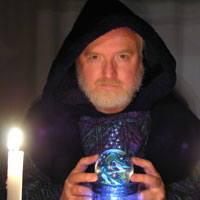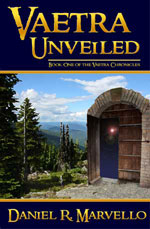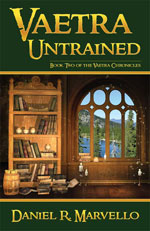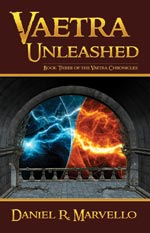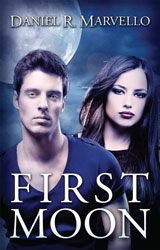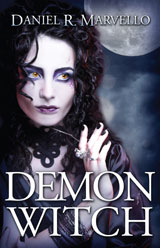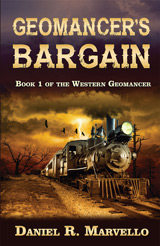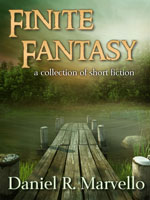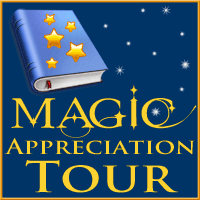I recently saw a question come up regarding politics in the fantasy fiction genre. The question was this: what kind of stories do you like to read; stories rich in political intrigue, or more action-based? Taking a look at that question from a writer’s perspective, I can easily see how my preferences as a reader influence what I write.
I personally don’t think politics versus action is an either/or proposition. I think a good fantasy story blends both. Politics enrich the story world, and a political environment can be a great source of motivating factors for character decisions. Showing the political inclinations of your characters helps with character development.
Some fantasy books do seem to lean heavily on the political landscape of the story world. Intrigue plays a big role in these stories, and the characters fight battles with words more often than weapons. That’s okay. Done well, I like reading those stories.
Other fantasy books have virtually no politics. The story is assembled from action scenes. Classic swords and sorcery books are sometimes referred to as “hack and slash” stories for this reason. But even in these books, politics are often the underlying reason for why the action takes place.
I like them all. But what I like best are the books that do a decent job of blending politics and action.
The five books of The Belgariad by David Eddings used the politics of the story world to influence the movement of the characters through the landscape. I would say those books were more action than politics, but politics were the motivating factor behind a lot of that action.
The Sword of Truth series by Terry Goodkind did a good job of blending action and politics. I would argue that Goodkind’s books were fairly heavy on the politics, but there was certainly no shortage of action.
So what does all this mean for how I write my stories?
I believe that politics are a fact of life. For the story world to be rich, believable, and consistent, the configuration of nations, regions, and the ruling class (whatever form it might take), must be based on some political system. In fact, the main conflict of the story may be based on the collision of two competing political systems. Why else do nations go to war?
However, I’m not personally interested in writing the kind of story that is all about intrigue. Battles of words are fine, particularly in sub-plot, but the main story arc needs to have physical confrontation for me to feel jeopardy for the success of the hero and for the anticipated outcome of the plot.
So, yes, my story world does include politics. Politics provide a framework for its social architecture. They describe how power and influence is acquired and exercised. But most importantly, politics provide motivation for why characters make interesting decisions.
